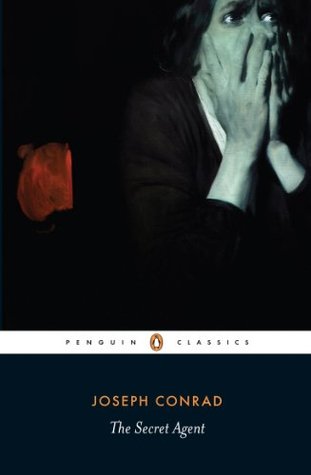the Assistant Commissioner dismissed brusquely the vague remembrance of his daily whist party at his club. It was the most comforting habit of his life, in a mainly successful display of his skill without the assistance of any subordinate. He entered his club to play from five to seven, before going home to dinner, forgetting for those two hours whatever was distasteful in his life, as though the game were a beneficent drug for allaying the pangs of moral discontent. His partners were the gloomily humorous editor of a celebrated magazine; a silent, elderly barrister with malicious little eyes;
...more
I like Conrad's description of a character who feels each day a great burden from their job, but who at the end of each workday reserves a couple hours as a healthy escape from "whatever was distasteful in his life."


